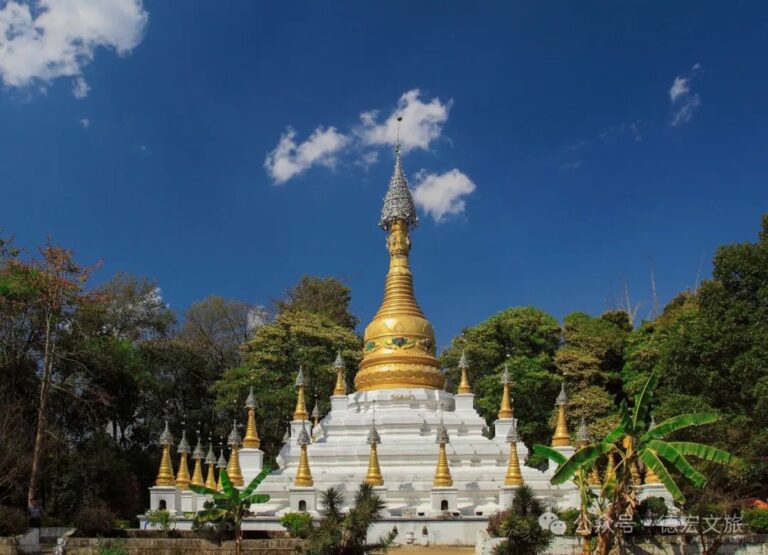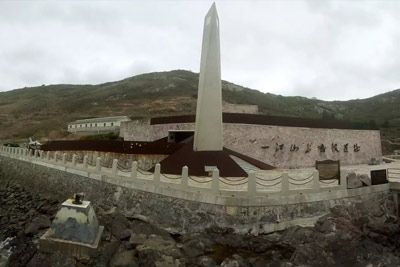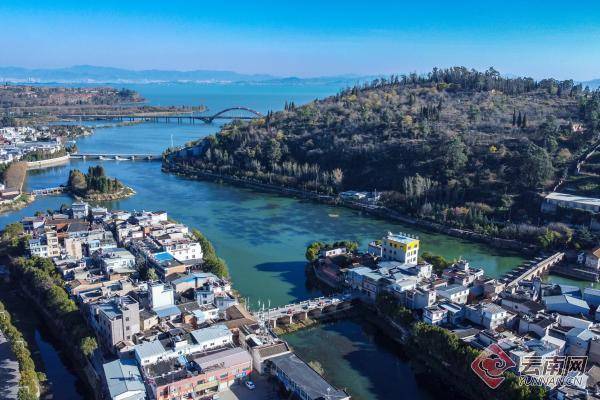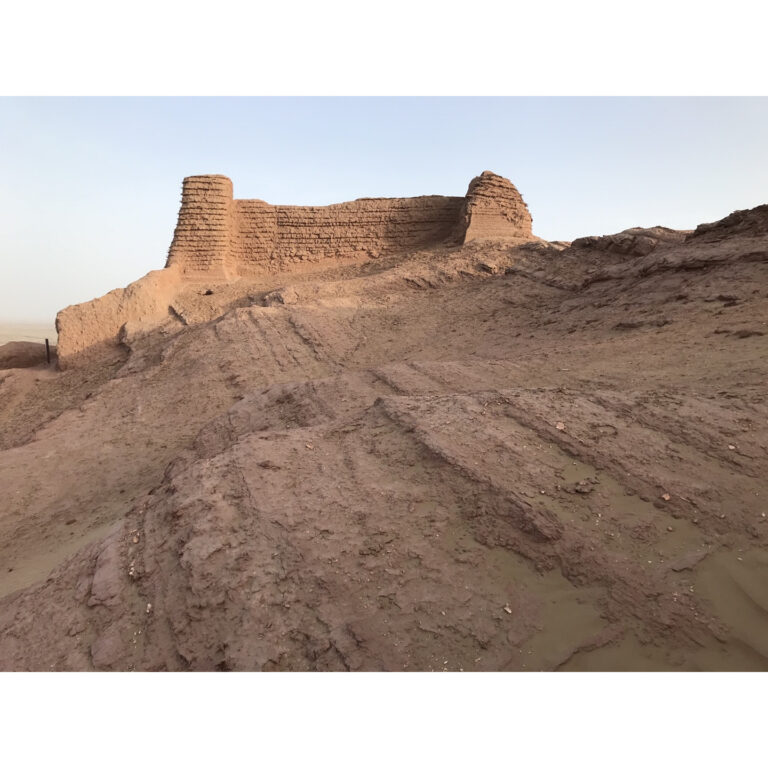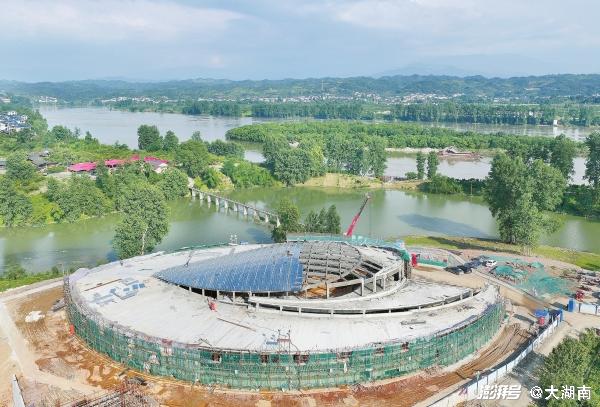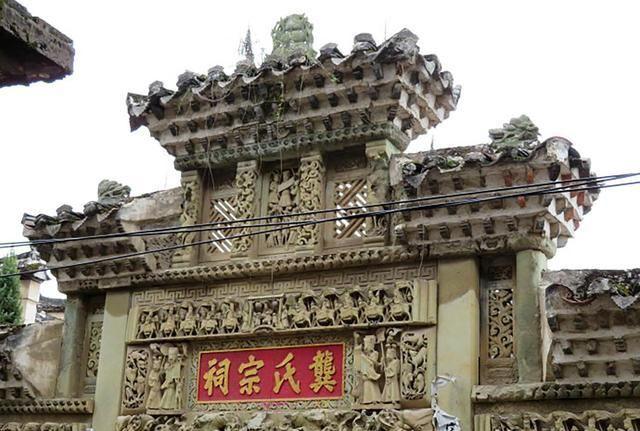Unveiling Diqing Yezhi Tusi Yashu: A Traveler’s Guide to Yunnan’s Breathtaking Tibetan Landscapes
An Essential Guide to Visiting Diqing Yezhi Tusi Yashu
In This Guide
- An Essential Guide to Visiting Diqing Yezhi Tusi Yashu
- The Rich History of Diqing Yezhi Tusi Yashu
- Main Highlights: What to See at Diqing Yezhi Tusi Yashu
- Planning Your Visit: A Practical Guide
- Tickets, Hours, and Booking
- How to Get There
- Local Cuisine and Accommodation
- Frequently Asked Questions
- Final Thoughts on Your Trip
Nestled in the breathtaking landscapes of Yunnan Province, the Diqing Yezhi Tusi Yashu (叶枝土司衙署) stands as a testament to the region’s rich cultural heritage and historical significance. This ancient administrative hub, once the seat of power for the indigenous Yezhi chieftains, offers visitors a glimpse into the complex tapestry of Tibetan culture and the intricate governance that shaped the area.
As you approach this remarkable site, you are enveloped by the stunning natural beauty of the Diqing Tibetan Autonomous Prefecture, known for its majestic mountains, serene lakes, and vibrant Tibetan communities. The Tusi Yashu itself is an architectural gem, showcasing traditional Tibetan design elements that harmonize with the surrounding environment. Its well-preserved structures invite travelers to explore the myriad of stories etched into the walls and the artifacts that speak of a bygone era.
Open daily from 9 AM to 5 PM, with tickets starting at an affordable price, this site is not only a must-visit for history enthusiasts but also for anyone looking to experience the enchanting spirit of Tibetan culture. Whether you are wandering through its halls or admiring the stunning views from the surrounding hills, the Diqing Yezhi Tusi Yashu promises an unforgettable journey into the heart of one of China’s most captivating regions. Prepare to be immersed in a world where history, culture, and nature intertwine, creating a magical travel experience that lingers long after your visit.
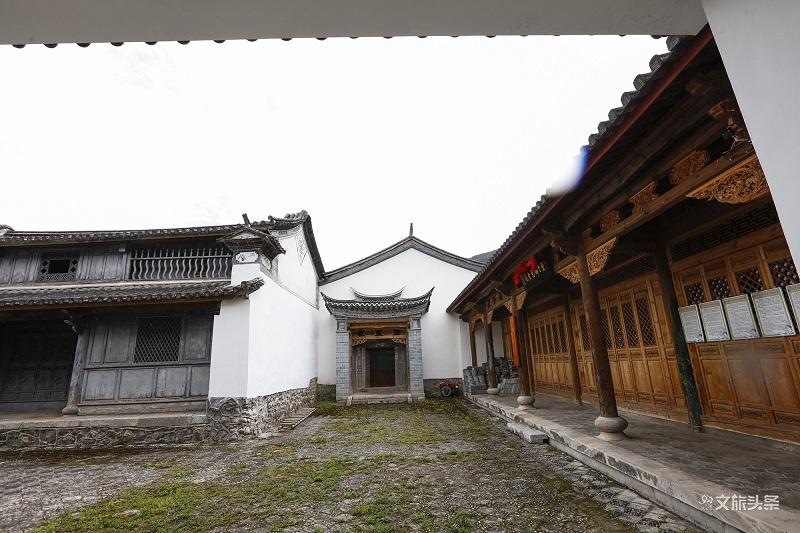
Diqing Yezhi Tusi Yashu.
The Rich History of Diqing Yezhi Tusi Yashu
Nestled in the breathtaking landscapes of Yunnan Province, the Diqing Yezhi Tusi Yashu (叶枝土司衙署), or the Yezhi Tusi Office, is a remarkable historical site that reflects the rich cultural tapestry of the region. This building served as the administrative center for the Yezhi Tusi, a local chieftain during the Ming and Qing dynasties, who governed the area on behalf of the imperial court.
The Tusi system, established during the Yuan Dynasty and flourishing through the Ming and Qing Dynasties, was a unique form of governance in which local leaders were appointed to manage minority ethnic groups and their territories. The Yezhi Tusi was one of many such local rulers who played crucial roles in maintaining order and facilitating trade amidst the diverse ethnic communities in the region.
Constructed in the early 20th century, the Yezhi Tusi Office is distinguished by its traditional Tibetan architectural style, characterized by ornate carvings and vibrant colors. The building not only housed the Tusi and his administrative staff but also served as a center for local governance, justice, and cultural activities. The office played a pivotal role in the local community, acting as a bridge between the central imperial authority and the indigenous populations.
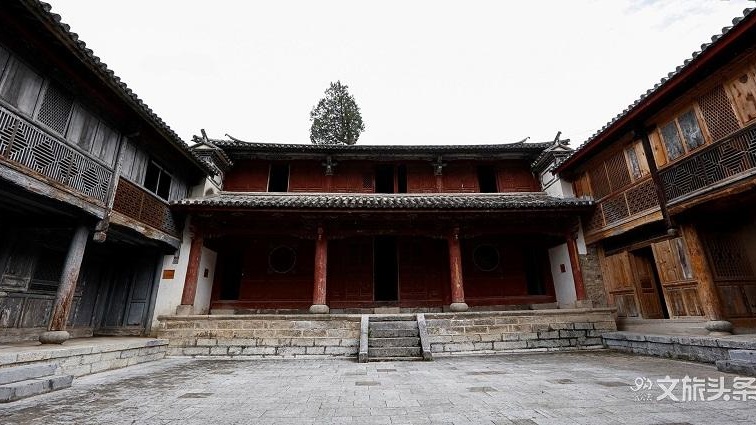
Diqing Yezhi Tusi Yashu.
Over the years, the Yezhi Tusi Office has witnessed significant historical events, including the integration of the region into the modern Chinese state. As the political landscape evolved, the role of the Tusi diminished, leading to the eventual dissolution of the Tusi system in the mid-20th century. Today, the site stands as a testament to the unique governance structures that once existed in China and the cultural heritage of the Diqing region.
Visitors to the Yezhi Tusi Office can explore the intricacies of this historical site, gaining insight into the lives of the Tusi and their administration. The surrounding area is rich in natural beauty, further enhancing the experience by offering a glimpse into the cultural and historical significance of this once-important administrative hub. As you walk through its halls, you can almost hear the echoes of history, connecting the past with the present and highlighting the enduring legacy of the Tusi system in Yunnan’s diverse cultural landscape.
Main Highlights: What to See at Diqing Yezhi Tusi Yashu
Nestled in the breathtaking landscape of Yunnan Province, the Diqing Yezhi Tusi Yashu, also known as the Yezhi Tusi Administrative Office, is a remarkable historical site that offers visitors a glimpse into the region’s rich cultural and administrative heritage. Here are the main highlights of this captivating destination:
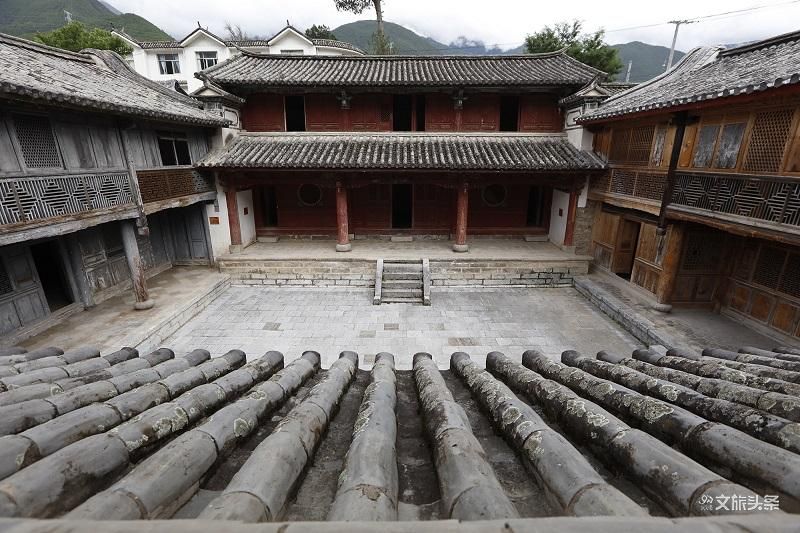
Diqing Yezhi Tusi Yashu.
-
Historical Significance: The Yezhi Tusi Yashu served as a governing body for the Tusi system, which was a form of local governance established during the Ming and Qing dynasties. This site reflects the unique socio-political structure of the region and is an essential part of the history of the Tibetan people.
-
Architectural Marvel: The building itself is an excellent example of traditional Tibetan architecture, characterized by intricate woodwork, vibrant frescoes, and a harmonious blend of Chinese and Tibetan styles. The layout and design showcase the cultural fusion that has occurred over centuries.
-
Scenic Location: Situated in Deqin County, the Yezhi Tusi Yashu is surrounded by stunning natural beauty, including the majestic Meili Snow Mountain range. The picturesque landscape provides a perfect backdrop for photography and outdoor exploration.
-
Cultural Experiences: Visiting the site offers opportunities to engage with local culture. Travelers can participate in traditional ceremonies, sample local cuisine, and learn about the customs and lifestyles of the Tibetan people.
-
Accessibility and Visitor Information: The site is open to visitors daily from 9 AM to 5 PM, with last entry at 5 PM. Tickets start at approximately ¥90, making it an accessible attraction for those looking to delve into the region’s history.
-
Nearby Attractions: The Yezhi Tusi Yashu is conveniently located near other significant sites, such as the stunning Tiger Leaping Gorge and the serene Napa Lake. These attractions can easily be included in a day trip itinerary.
-
Sustainable Tourism: As a site of cultural importance, the Yezhi Tusi Yashu encourages responsible tourism practices. Visitors are urged to respect the local environment and customs while enjoying their exploration.
In summary, a visit to the Diqing Yezhi Tusi Yashu is not just about witnessing a historical site; it’s about immersing oneself in the vibrant tapestry of Tibetan culture and the breathtaking landscapes of Yunnan. Whether you are a history enthusiast, a nature lover, or a cultural explorer, this destination promises an enriching experience that captures the essence of this unique region.
Planning Your Visit: A Practical Guide
Visiting Diqing Yezhi Tusi Yashu (叶枝土司衙署) offers a glimpse into the rich tapestry of Tibetan culture and history nestled within Yunnan Province. Here’s a practical guide to help you navigate this unique destination.
Opening Hours and Admission
The Diqing Yezhi Tusi Yashu is open daily from 9:00 AM to 5:00 PM, with the last entry at 5:00 PM. Make sure to plan your visit accordingly to fully enjoy the site without feeling rushed. The admission fee is approximately ¥90, which is a reasonable price for the chance to explore this historical site.
Getting There
The site is located in Deqin County, within the Diqing Tibetan Autonomous Prefecture. It is easily accessible via local transportation options. If you’re traveling from the nearby city of Shangri-La, consider taking a bus or hiring a taxi for a more comfortable journey. The scenic roads leading to Deqin make for a visually rewarding trip, so keep your camera ready!
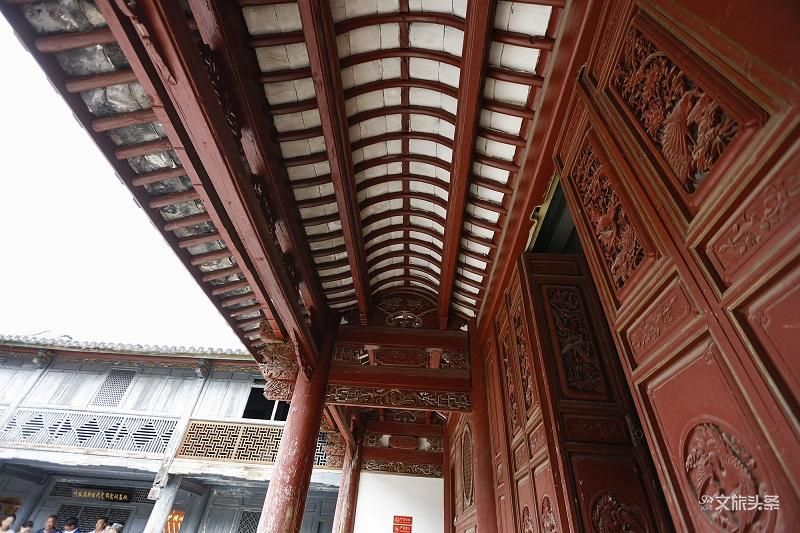
Diqing Yezhi Tusi Yashu.
Nearby Attractions
While visiting Diqing Yezhi Tusi Yashu, take the opportunity to explore other attractions in the vicinity:
– Tiger Leaping Gorge (虎跳峡): Known for its stunning landscape, this gorge provides excellent hiking opportunities and breathtaking views.
– Meili Snow Mountain (梅里雪山): Famous for its stunning peaks, it’s a must-see for nature lovers and offers various hiking trails.
– Songzanlin Monastery (松赞林寺): Often referred to as the ‘Little Potala Palace,’ this monastery is a key cultural site worth visiting.
Tips for Your Visit
- Dress Appropriately: The weather in Deqin can vary significantly throughout the day. It’s advisable to wear layers and bring a warm jacket, especially during the evenings when temperatures drop.
- Stay Hydrated: The high altitude may affect you, so keep water on hand to stay hydrated throughout your visit.
- Respect Local Customs: As you explore, be mindful of the local Tibetan culture. Dress conservatively and observe any specific customs, especially in religious areas.
- Plan for Altitude: Deqin is situated at a high elevation, which can cause altitude sickness for some visitors. Take it easy on your first day, and consider taking altitude sickness medication if necessary.
Dining and Accommodations
For those looking to immerse themselves in local cuisine, there are several eateries in Deqin offering Tibetan dishes such as yak meat and butter tea. Consider trying local specialties to enhance your cultural experience.
As for accommodations, options range from budget hostels to more comfortable hotels. Booking in advance is recommended, particularly during peak tourist seasons.
Conclusion
Diqing Yezhi Tusi Yashu is not just a historical site; it is a doorway into the rich cultural heritage of the Tibetan people. With this guide, you’ll be well-prepared to enjoy your visit and make the most out of your experience in this stunning part of Yunnan Province. Safe travels!
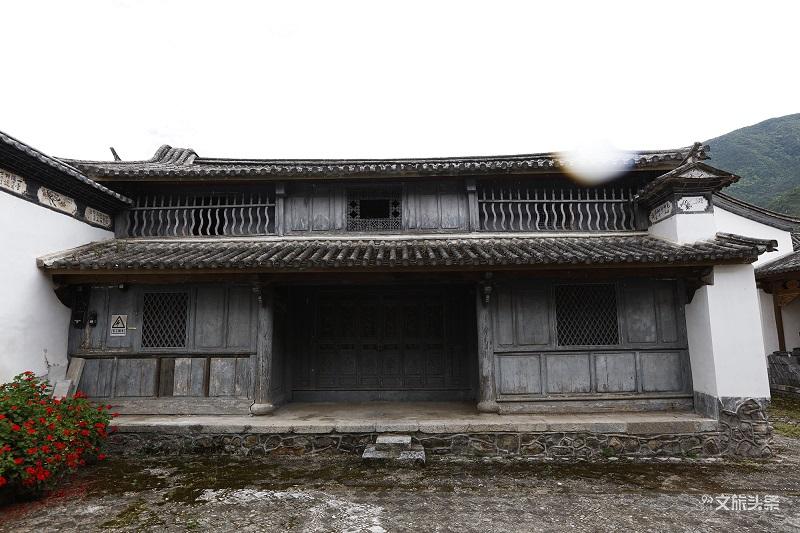
Diqing Yezhi Tusi Yashu.
Tickets, Hours, and Booking
Visiting the Diqing Yezhi Tusi Yashu (叶枝土司衙署) is a delightful experience, and planning your visit requires knowing the ticket prices and opening hours.
Ticket Prices
The admission fee for the Diqing Yezhi Tusi Yashu is approximately 90 CNY. It’s advisable to check for any available discounts or group rates, especially if you are traveling with a larger party. Additionally, purchasing tickets in advance through travel platforms can often provide savings and guarantee your entry.
Opening Hours
The site is open to visitors daily from 9:00 AM to 5:00 PM, with the last admission at 5:00 PM. It’s important to arrive well before closing time to ensure you have ample time to explore the site.
Location
The Diqing Yezhi Tusi Yashu is located in Deqin County, within the Diqing Tibetan Autonomous Prefecture of Yunnan Province. It is easily accessible via the Heibianjiao South Road, making it a convenient stop for travelers exploring the region.
Tips for Your Visit
- Plan Ahead: Given the site’s historical significance, consider researching its background to enhance your visit.
- Stay Hydrated: Bring water, especially if you plan to explore the area on foot.
- Respect Local Customs: This site holds cultural importance; be mindful of the customs and practices of the local Tibetan community.
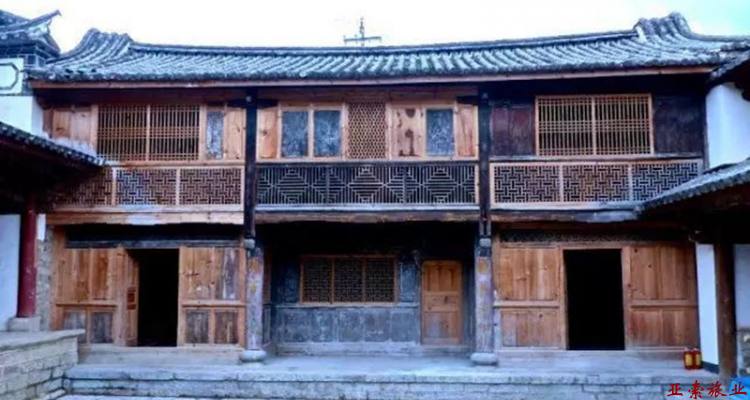
Diqing Yezhi Tusi Yashu.
By keeping this information in mind, you can make the most of your visit to the Diqing Yezhi Tusi Yashu, immersing yourself in the rich history and culture that this landmark offers.
How to Get There
Navigating the transportation landscape in and around Diqing Yezhi Tusi Yashu (叶枝土司衙署) is essential for maximizing your experience at this historical site and the surrounding natural beauty of the Diqing Tibetan Autonomous Prefecture in Yunnan, China.
Getting to Diqing Yezhi Tusi Yashu
By Air:
The nearest airport is Diqing Shangri-La Airport (DIG), located approximately 120 kilometers from the Yezhi Tusi Yashu. Daily flights connect Shangri-La with major cities like Kunming and Lijiang. Upon arrival at the airport, you can hire a taxi or book a shuttle service to reach the site.
By Train:
For those traveling by train, the nearest railway station is in Lijiang. From Lijiang, you can take a bus or hire a taxi directly to Deqin County, where the Yezhi Tusi Yashu is located. The bus journey from Lijiang to Deqin typically takes around 3-4 hours, offering stunning views of the landscape along the way.

Diqing Yezhi Tusi Yashu.
By Road:
If you prefer to drive, renting a car is a viable option. The picturesque route from Lijiang to Deqin via National Highway 214 is highly recommended for its breathtaking scenery, including views of the Meili Snow Mountain. The drive will take approximately 6-7 hours, so plan accordingly with breaks for photography and refreshment.
Local Transportation
Buses:
Once in Deqin County, public buses are available to take you to various attractions, including the Yezhi Tusi Yashu. The local bus network is relatively straightforward, with schedules posted at bus stops. However, services may be limited, especially during off-peak seasons, so it’s wise to check the timetable in advance.
Taxis and Ride-Hailing Services:
Taxis are readily available in Deqin. It’s advisable to negotiate the fare before starting your journey, as most taxis do not use meters. Alternatively, ride-hailing apps may also operate in the area, providing a convenient option for local transport.
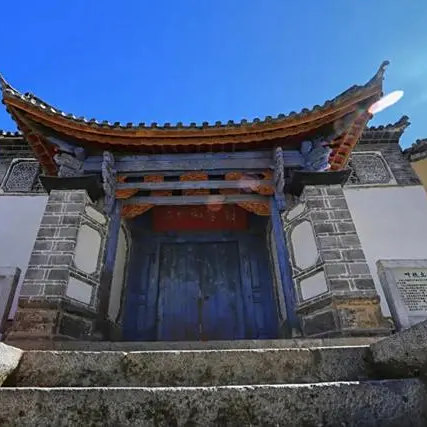
Diqing Yezhi Tusi Yashu.
Walking:
For those staying nearby, the Yezhi Tusi Yashu is easily accessible on foot. The surrounding area is suitable for walking, allowing you to soak in the serene atmosphere and local culture.
Tips for Travelers
- Altitude Awareness: Diqing is situated at a high altitude, so consider acclimatization when planning your travel. Carry water and snacks, and be prepared for sudden changes in weather.
- Transportation Apps: Download local transportation apps if available, as they may provide real-time updates on bus schedules and taxi availability.
- Plan Ahead: Given the limited public transportation options, plan your itinerary in advance to ensure you can visit all desired locations without time constraints.
With this transportation guide, you can navigate your journey to and within Diqing Yezhi Tusi Yashu with ease, allowing for an enriching travel experience in this stunning region of Yunnan.
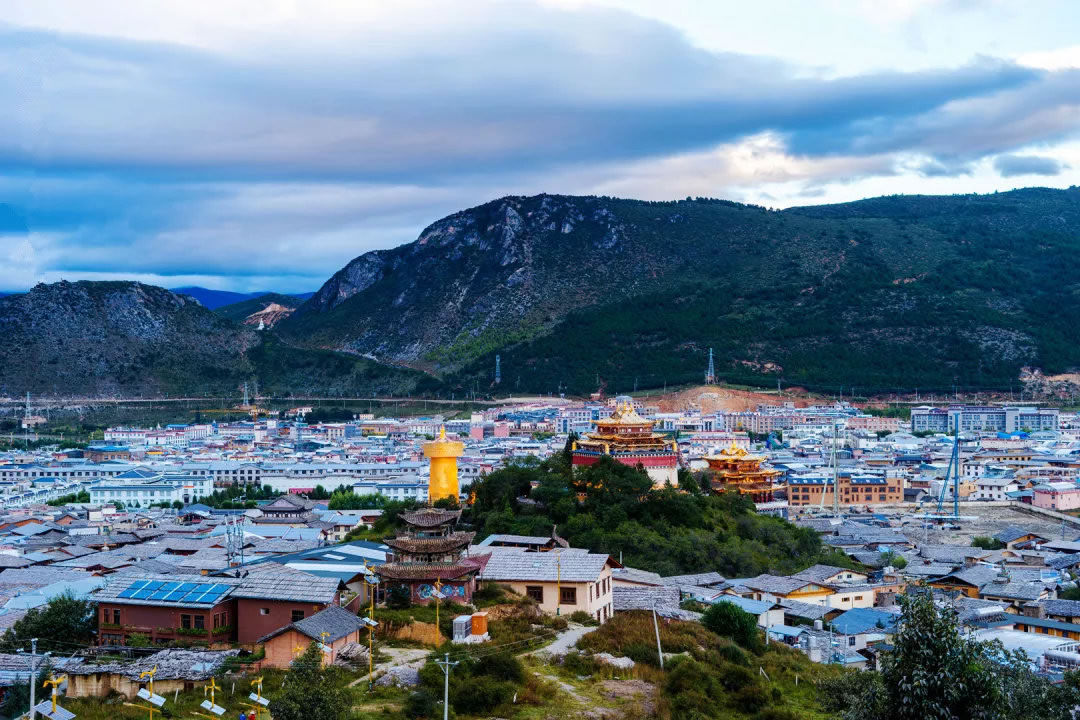
Diqing Yezhi Tusi Yashu.
Local Cuisine and Accommodation
When visiting Diqing Yezhi Tusi Yashu, travelers can indulge in a rich tapestry of culinary experiences while enjoying a variety of accommodation options that cater to different preferences and budgets.
Culinary Delights
The region is renowned for its unique Tibetan cuisine, which reflects the cultural diversity of the area. Here are a few must-try dishes and local dining spots:
-
Yak Meat Hot Pot: A local favorite, yak meat is tender and full of flavor. Many restaurants serve it in a hot pot style, where diners can cook the meat and fresh vegetables at their table. Try this dish at Kangba Renjia, known for its authentic flavors.
-
Butter Tea (Suoyou Cha): This traditional beverage made from tea, butter, and salt is a staple in Tibetan culture. It’s rich and creamy, making it a perfect companion for your meals. You can find it at most local eateries, but Gexianghua Music Restaurant offers a particularly delightful version.
-
Barley Cake (Zangba): This simple yet delicious treat is made from barley flour and is often served with various condiments. It’s a great snack to recharge during your explorations. Look for it at street vendors around the area or in local markets.
-
Mushroom Dishes: Given the region’s altitude, various wild mushrooms flourish here, making them a key ingredient in many local dishes. Dali Xizhou Hui Restaurant is a good spot to sample a variety of mushroom-based dishes.
-
Local Brews: Don’t miss out on trying Qingke Jiu, a Tibetan barley wine that’s both refreshing and invigorating. It’s widely available in restaurants and is often enjoyed during meals or festivals.
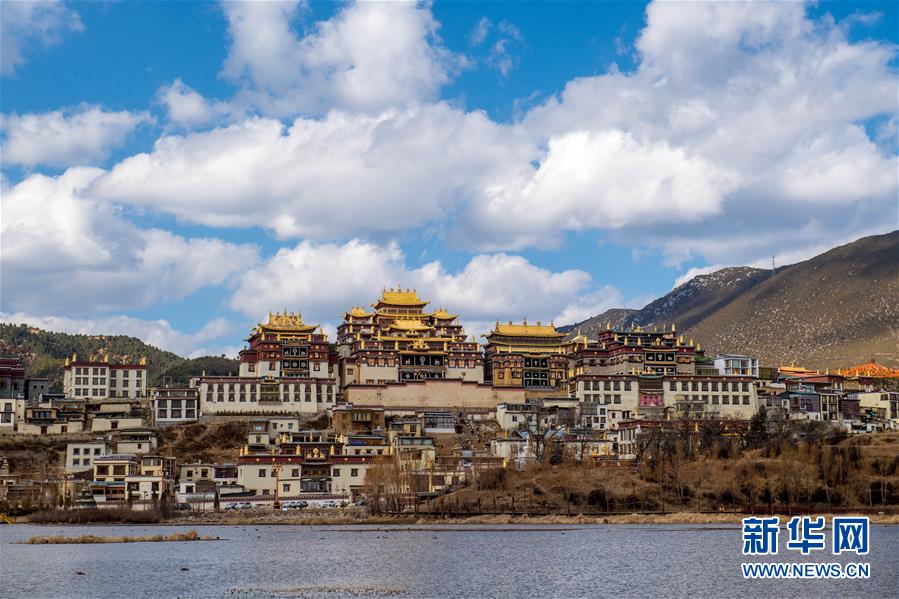
Diqing Yezhi Tusi Yashu.
Accommodation Options
For a comfortable stay near Diqing Yezhi Tusi Yashu, visitors have several accommodation choices ranging from luxury hotels to cozy guesthouses:
-
Shangri-La Hotel: This five-star hotel offers luxurious accommodations with stunning views of the mountains. The hotel features modern amenities, a spa, and a restaurant serving both local and international cuisine. It’s an ideal choice for travelers looking for comfort and elegance.
-
Deqin Wuzhizhou Hotel: Located closer to the site, this hotel provides a more budget-friendly option without sacrificing comfort. It offers clean and cozy rooms, a restaurant, and easy access to local attractions.
-
Kawa Ge Bo Inn: For those seeking a more local experience, this charming guesthouse is run by a Tibetan family. It offers a unique insight into local culture with warm hospitality and traditional decor. Breakfast is included, featuring local dishes.
-
Mingyue Hotel: This mid-range hotel is known for its convenient location and friendly staff. It provides comfortable rooms and a restaurant that serves a variety of local and Chinese dishes. It’s a great base for exploring the surrounding areas.
-
Hostels: For budget travelers, various hostels are available in the region, such as Deqin Youth Hostel. These offer dormitory-style accommodations and are perfect for meeting other travelers. They often organize group activities and tours, making them a great choice for social butterflies.
Final Tips
When planning your food and accommodation, consider making reservations in advance during peak seasons, as both dining and lodging can fill up quickly. Moreover, embracing local customs and trying regional specialties can greatly enhance your travel experience in this breathtaking part of Yunnan.
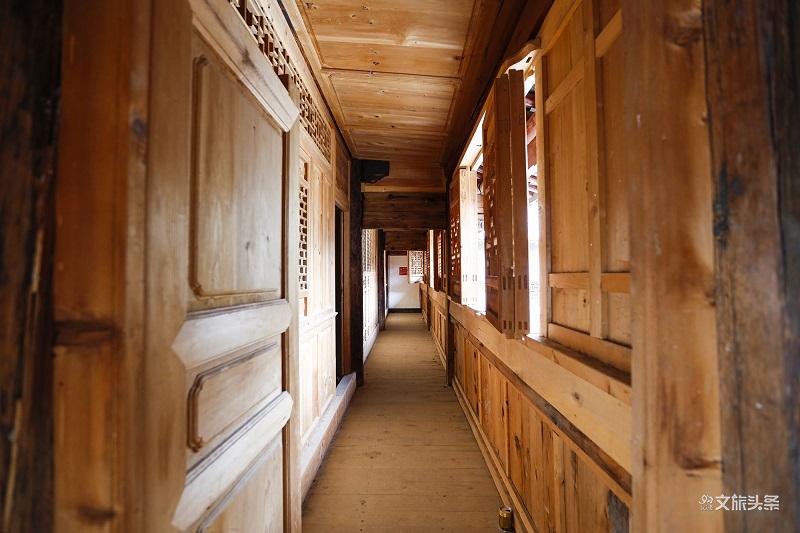
Diqing Yezhi Tusi Yashu.
Frequently Asked Questions
-
What are the opening hours for Diqing Yezhi Tusi Yashu?
The site is open daily from 9:00 AM to 5:00 PM, with the last entry allowed at 5:00 PM. -
How much is the entrance fee for Diqing Yezhi Tusi Yashu?
The ticket prices start from ¥90, with potential discounts available for group bookings or special promotions. -
Where is Diqing Yezhi Tusi Yashu located?
It is located in Deqin County, Yunnan Province, in the Diqing Tibetan Autonomous Prefecture, specifically south of Heibianjiao Highway. -
Are there any nearby attractions to visit after Diqing Yezhi Tusi Yashu?
Yes, nearby attractions include the Songzanlin Scenic Area, Napa Lake, and the famous Tiger Leaping Gorge, all offering stunning natural beauty and cultural experiences. -
Is it necessary to book tickets in advance?
While it is not mandatory, booking tickets in advance is recommended to avoid long queues and ensure entry, especially during peak tourist seasons. -
What transportation options are available to reach Diqing Yezhi Tusi Yashu?
Visitors can reach the site by car or taxi from nearby towns, or by using local public transportation options available in the area. -
What should I wear or bring when visiting Diqing Yezhi Tusi Yashu?
Due to the altitude and changing weather conditions, it is advisable to wear comfortable shoes and dress in layers. Bringing sunscreen, a hat, and water is also recommended. -
Are there any facilities available at Diqing Yezhi Tusi Yashu for visitors?
Basic facilities such as restrooms and information centers are available on-site. However, it is advisable to bring your own snacks and drinks, as options may be limited.
Final Thoughts on Your Trip
Visiting the Diqing Yezhi Tusi Yashu offers a unique glimpse into the rich tapestry of Tibetan culture and history. As one of the region’s historical landmarks, it stands as a testament to the intricate governance system of the Tibetan local chieftains, blending architectural beauty with cultural significance. Exploring this site not only enriches your understanding of the local heritage but also immerses you in the breathtaking landscapes that surround it.
While planning your visit, consider pairing your trip to the Yezhi Tusi Yashu with other nearby attractions, such as the majestic Meili Snow Mountain or the serene Napa Lake. The region’s diverse offerings make it an ideal destination for both adventure seekers and those looking to unwind in nature.

Diqing Yezhi Tusi Yashu.
As you wander through the ancient halls of the Yezhi Tusi Yashu, let the stories of the past inspire your journey. Embrace the opportunity to connect with the local culture, savor traditional Tibetan cuisine, and marvel at the stunning surroundings. Whether you’re a history buff, a nature lover, or simply in search of a peaceful escape, Diqing promises an unforgettable experience that will resonate long after your visit.
